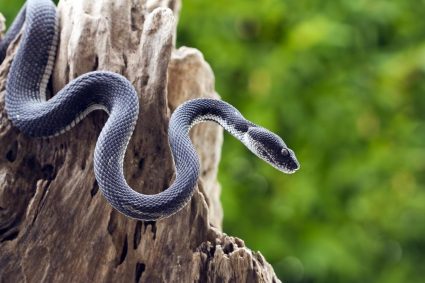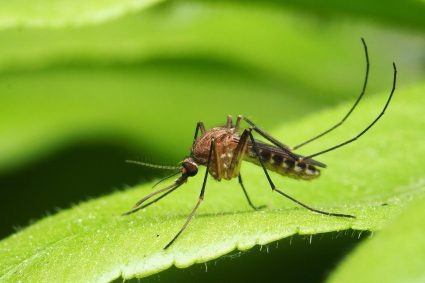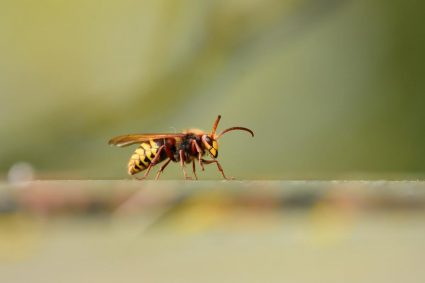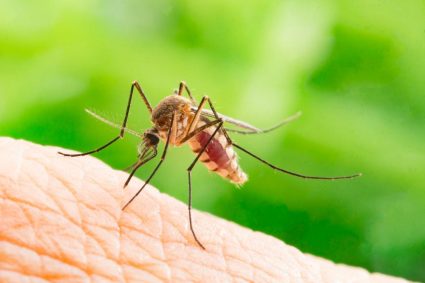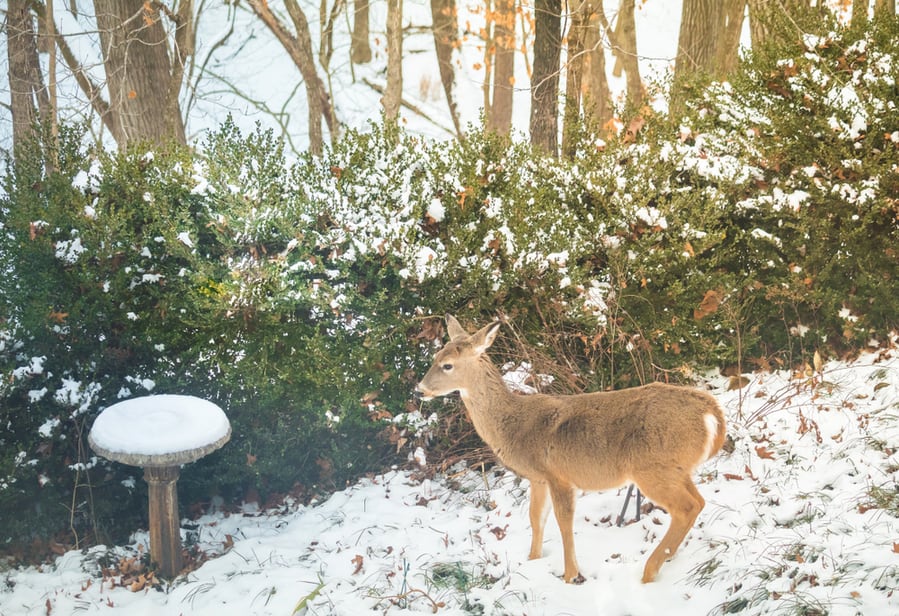
We all know how difficult it can be to keep your garden in perfect shape, especially in winter when the deer love to munch on your favorite plants.
Those swift mammals know their way around our yards, and sometimes the traditional ways to keep them away don’t seem to work.
However, we’ve found the best methods to keep your yard deer-free, so you don’t have to worry anymore.
- You must grow deer-resistant plants in your garden. These include plant species with fuzzy or prickly textures, strong fragrances, toxic foliage, or fibrous composition.
- You should use deer-deterrent and deer-repellant products in your yard.
- Putting the correct fence around your garden can greatly help keep the deer out of your garden.
- Scaring the deer away using products like motion-activated water sprinklers can also be a great idea.
- Your pets, especially dogs roaming around the yard, can also scare the deer.
While all these methods are very effective, they certainly aren’t foolproof. However, they can minimize the deer trips to the yard to the greatest extent.
There are a lot of different species of deer, so there’s no one solution that works for everyone. That’s why we’ll describe all these useful ways to keep deer away in the article below so you can stay carefree this winter.
5 Best Ways To Keep Deer Away
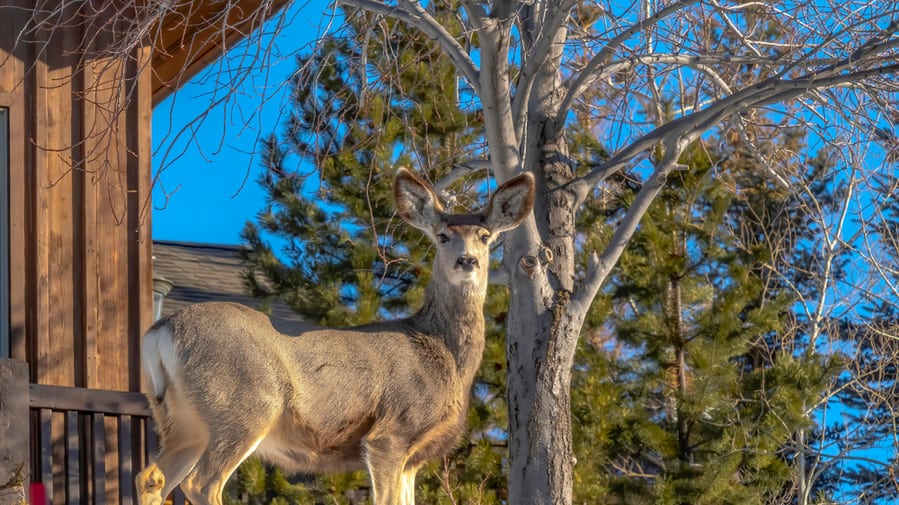
As we’ve already mentioned, all deer species don’t exhibit the same behavior. They have different eating habits and environmental preferences, so your best pals should be experimentation and patience.
You must be willing to try different plant combinations and a mix of all these methods to see what works best for you.
1. Stay Away From Deer-Favourite Plants
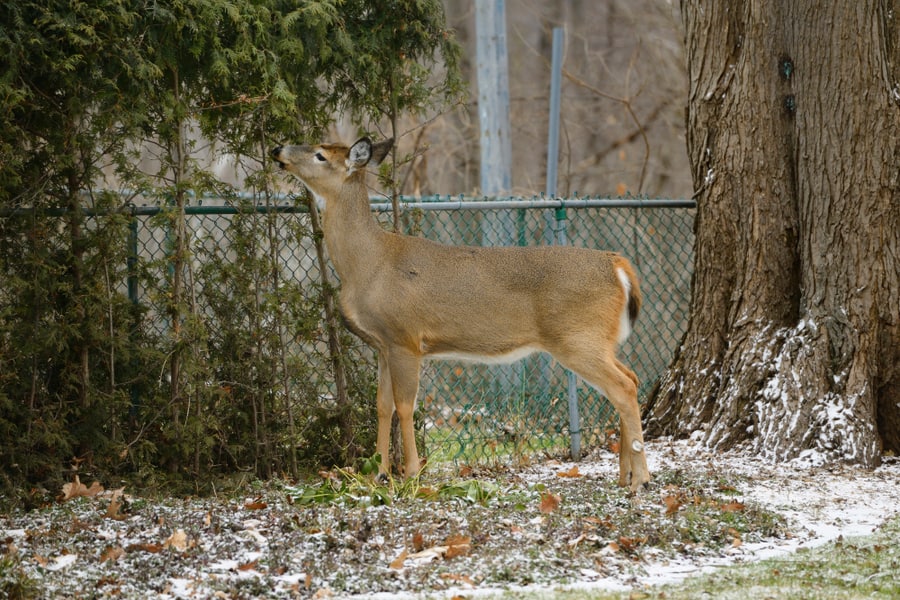
When life gives you deer, never invite them to your garden for a meal. That’s right.
Your beautiful pots will be stripped away of your leaves if you don’t select the plants carefully. If deer see their favorite species, they will surely stop by for a snack.
All kinds of deer dislike several plant species you can opt for. Only choose these species to plant and replace all the existing ones with these species as well.
Thorny Plants
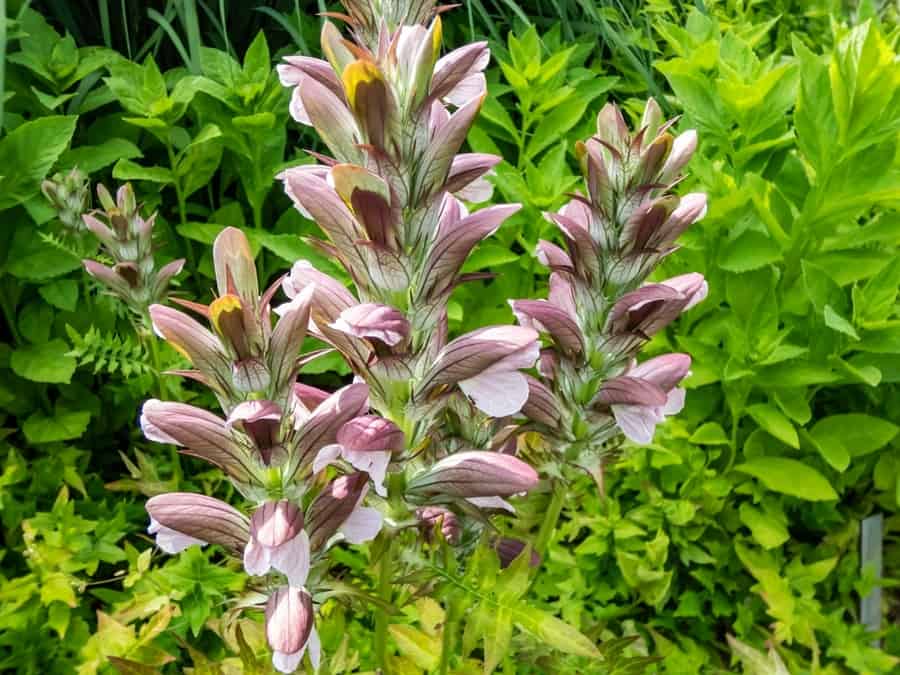
Most deer avoid plants with prickly spines or little thorns around their leaves.
Although some deer eventually learn to avoid those thorns to eat the flowers and leaves, they still prefer other non-prickly plants.
Some common examples are:
- Cactii
- Hollies
- Honey locust
- Bear’s breeches
Fuzzy Foliage

Fuzzy textured plants are very good at keeping deer away. It’s because deer don’t like furry and hairy textures in their mouth.
You can check the texture of a plant you’re buying by rubbing it against your skin. Common examples are:
- African Violet
- Lady’s Mantle
- Heliotrope
- Angel’s Hair Artemesia
Strong Smelling Plants

Fragranced foliage fauna makes up the best ornamental plants due to their colorful and attractive flowers.
Like most animals, deer have a strong sense of smell, and heavily fragranced plants confuse their sense, driving them away.
There are endless options of fragranced plants that you can choose for a perfectly deer-proof yard. These include:
- Catmint
- Boxwood
- Dead Nettle
- Hyacinth
- Bee Balm
- Sweet Bay
Fibrous Foliage

Some plants have leathery or fibrous foliage, an adaption to survive harsh conditions.
Their leaves have a thick and shiny texture which is also difficult to digest.
That’s why deer and other animals avoid such plants, making them suitable for their garden. Some examples are:
- Dragonwing Begonias
- Elephant Ears
- Peonies
- Adam’s Ribs
- Magnolia
Toxic Foliage

As the name suggests, plants with toxic foliage contain toxins and other harmful substances to the deer.
Mother deer teach their young ones which plant to avoid at an early age. They can also tell some toxic plants apart through their sense of smell.
However, some of these plants can also be toxic to your pets, so you have to be careful in their selection.
Common examples of these plants are as follows:
- Ferns
- Poppies
- Spurges
- Bleeding Hearts
2. Use Deer Repellants
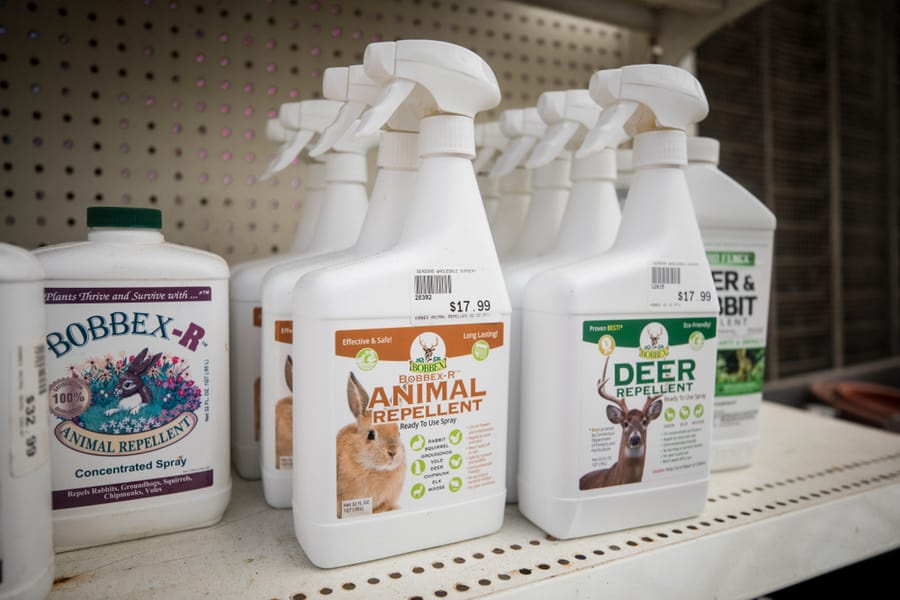
Currently, the market is flooded with deer-repellant products of all sorts.
However, most people complain about the products, claiming they are useless. The products themselves aren’t bad. It’s the wrong usage methods that render them useless.
Firstly, out of all those hanging, clipping, and granular products, only the spray repellants have the highest working ratio. All other products have less working evidence and very complicated usage, so it’s better to stick to spray-type devices.
Then again, you have to be very punctual and vigilant in applying the sprays for them to yield results. Unless you’re buying the super sticking sprays (which you should go for), these sprays have a short effective period.
You must reapply the product well before it loses its power. Consistency is the key here.
Most deer repellants contain rotten eggs, dried blood, soap, other strong odors, and even predator urine. None of these ingredients resemble any good fragrance, so these products smell bad naturally, especially when the product is still wet.
Moreover, they also have a terrible taste, so even if the deer tolerate the smell, they will never come around once their tongues touch the sprayed leaves.
3. Fencing Your Garden
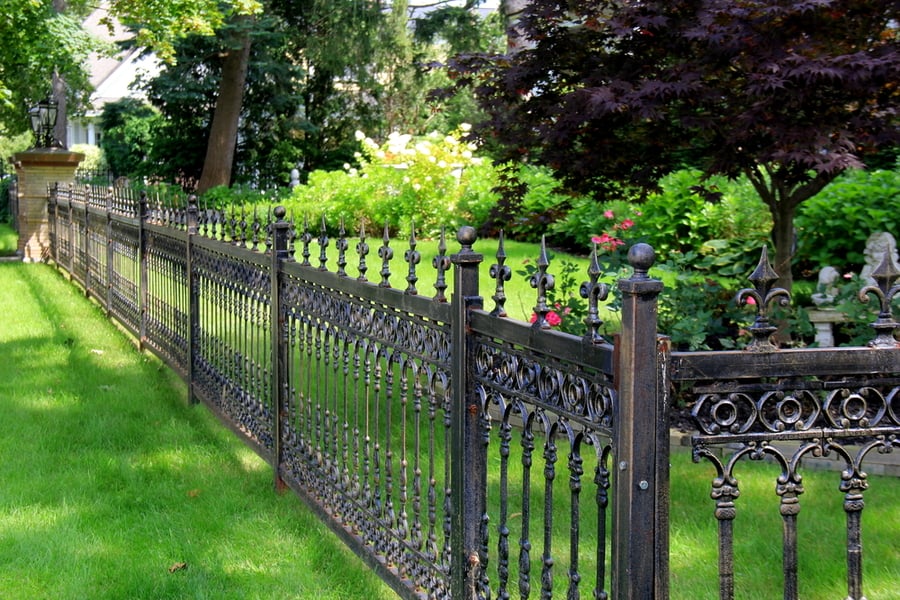
Well, you won’t have to worry about your garden plants if the deer can’t even get inside in the first place. And that’s where fencing comes in.
However, keeping the fawns outside isn’t a piece of cake. They can easily jump over an 8-10 feet long barrier.
So, you’ll have to create a pretty high fence, which won’t be easy on the pocket.
Visible Fences
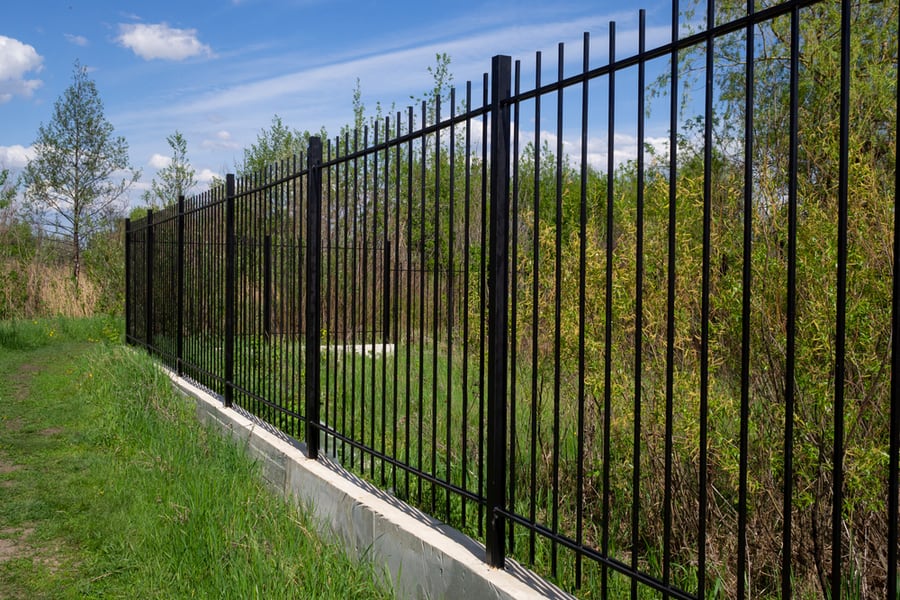
Here are some types of fences that you can use around your garden.
They could become eye sore because 8 feet tall fences that everybody can see might look odd to the eye.
But that sacrifice has to be made if you want to keep the deer away.
Electric Fences
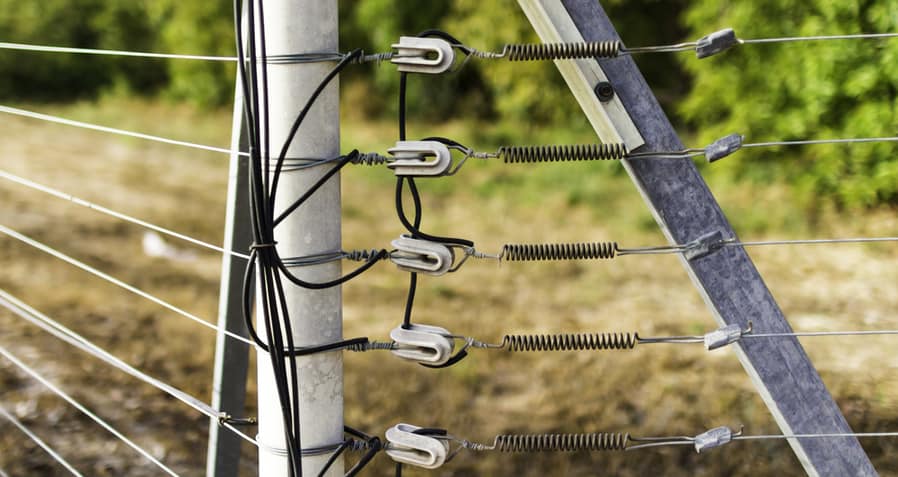
Electric fences are the most effective as they can give out quite a shock.
Deer will think a hundred times before even thinking of coming close to the fence after enduring a shock.
However, it will cost a lot, and you’ll need professional help for installation.
But the biggest issue is that electric fences are illegal in many areas. You’ll have to check about the laws that apply around your neighborhood.
These fences also need a lot of maintenance and are unsuitable if you have small children. But other than that, the electric fences will never fail you.
Stockade Fences
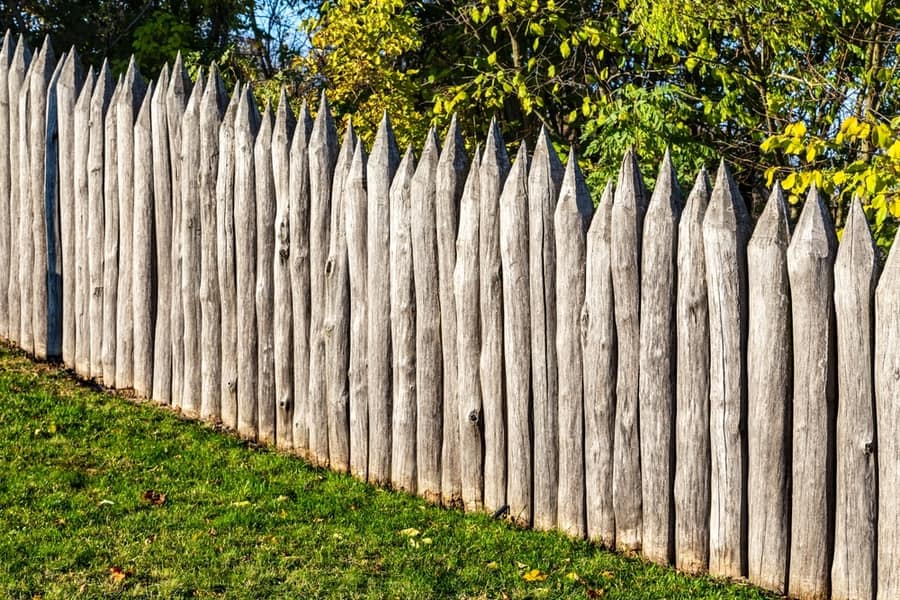
You can go lower than 8 feet if installing a stockade fence.
It’s because deer usually avoid jumping over obstacles without knowing what’s on the other side.
However, when you see solid fences around your garden perimeter, you will feel confined by them.
Double Fence
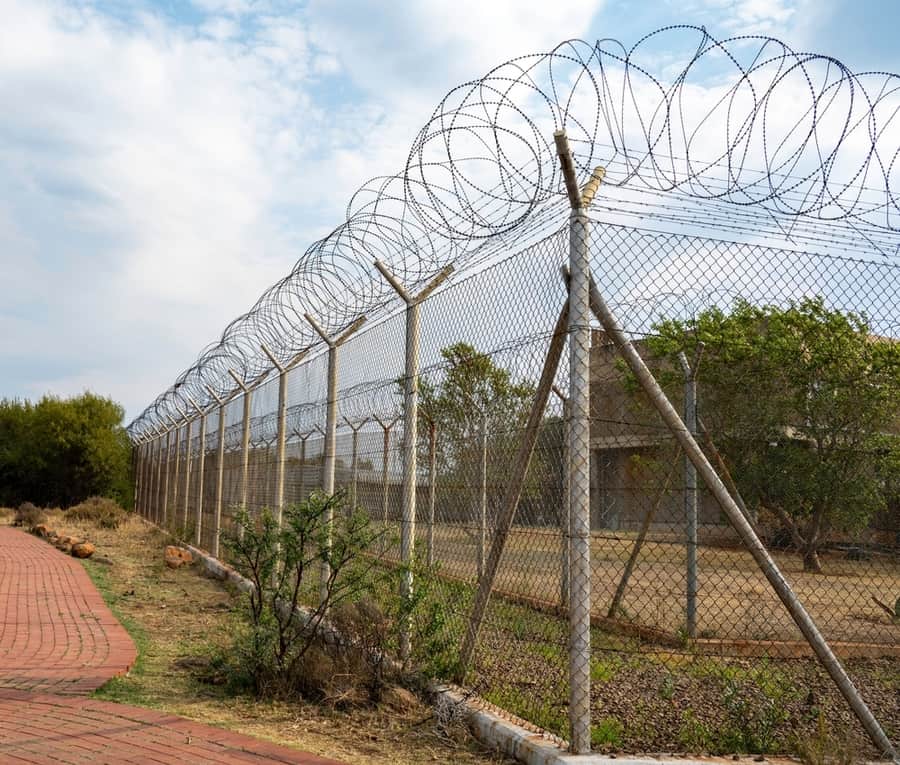
Deer can easily be fooled away with double fence layers.
Although they will cover up many areas, they can easily keep the fawns away because deer are bad at depth perception.
So, they will not jump over the second fence as they will feel trapped between the walls and quickly try to escape.
You can also save money by building the second wall with cheaper materials.
Individual Plant Fencing

If you already have many deer-proof plants in your yard and don’t want to cover the whole area, you can fence those plants you want to protect.
Cover those pots and plants you don’t want the deer to eat away with bird netting.
This method can also be used on fragile or new plants to save them from any other damage.
Invisible Fences
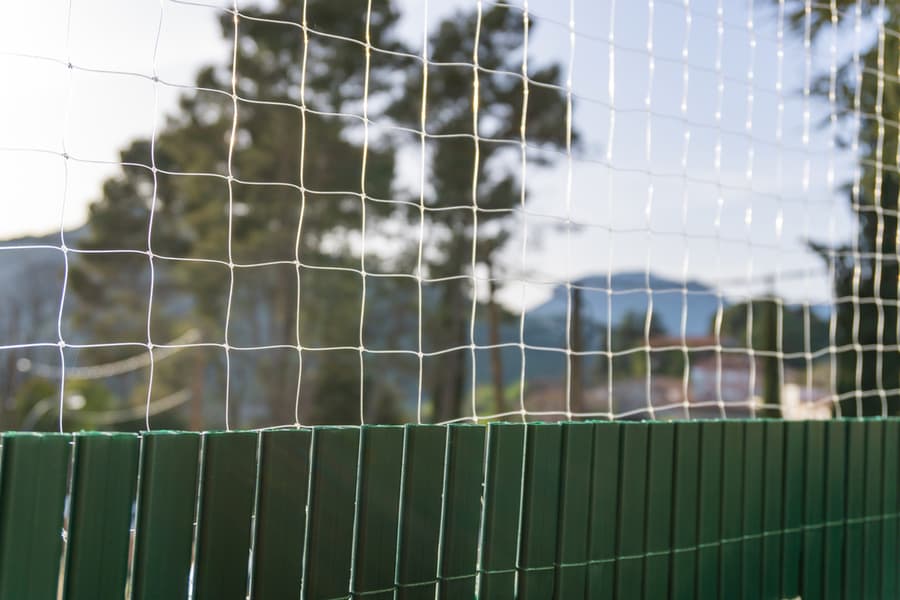
If you don’t want to give away the beauty of your yard, there are some ways to skip those bulky fences and still reap the benefits.
Transparent/Invisible Netting
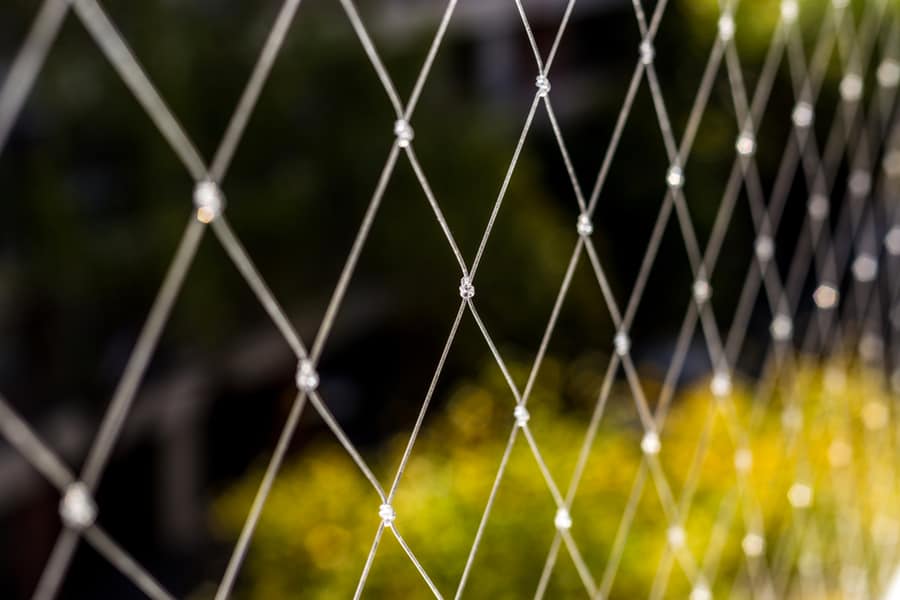
Regarding fencing, these invisible deer settings are the most widely used option. It’s because they are cheap and easy to install and maintain.
You can fasten the netting around the metal of wooden posts and cover the surroundings of your garden.
This fence must be 8 feet tall so the deer would not jump over.
You will also have to add color to the fence using streamers so deer will not try to walk through.
Go Fenceless

There’s another method you can use that requires no fencing at all.
You can lay wide enough rock beds around your garden made up of irregularly shaped rocks.
Hooved animals like deer don’t walk over unstable surfaces, so they will not go over the rock bed.
Make sure to keep the bed at least 8 feet wide to prevent the fawns from jumping over.
4. Never Underestimate the Power of Scare Tactics
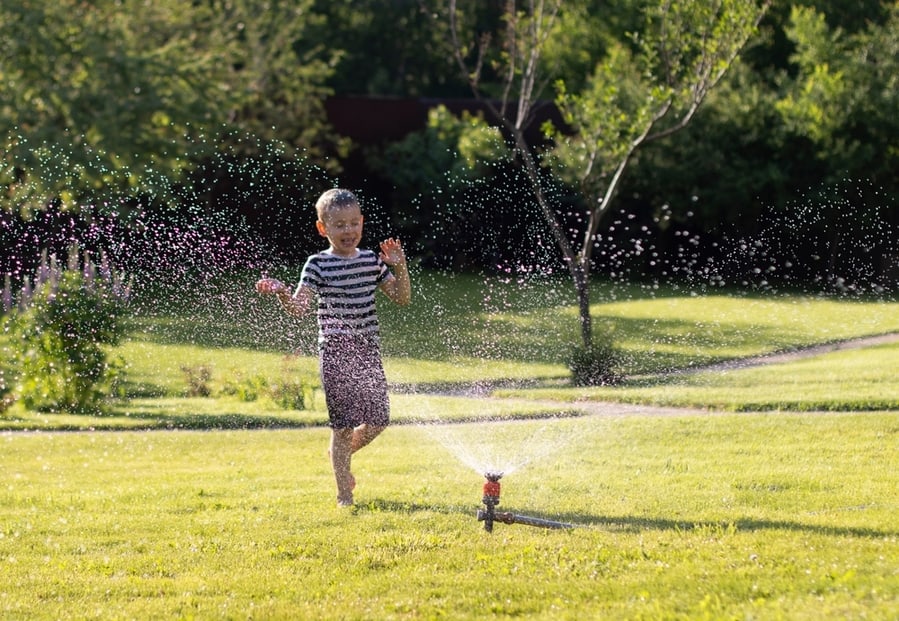
Deer are very sensitive animals. They can easily be startled by sudden scare tactics, and motion-sensing sprinklers are the best scare tools for them. They have a wide shooting range and modern solar and battery-powered sprinklers.
However, before buying a sprinkler, always look for a model with infrared vision so it will also work at night.
If you don’t plan to buy multiple sprinklers, you’ll have to move the sprinkler to different spots in your yard from time to time.
One caveat of motion-activated sprinklers is that they do not work in the winter season when the water completely freezes. So, you can only rely on the sprinklers during summer.
5. Let Your Pets Roam Around

You have a big reason to be proud of you’re dog owner. Not only because dogs are the absolute cutest beings but also because their loud barks and scent keep the deer away.
It works as a natural deer repellant, so it’s a great idea to let your pet dogs roam around the garden as much as possible.
Takeaway
Deer can create a mess in your garden by nibbling away at your favorite plants. Luckily there are many effective ways to keep them away.
You can replace your plants with deer-repellent ones so the deer feast can be stopped.
You can also use deer-repellent products on your plants. Their strong smell and bad taste discourage deer trips to your yard.
Fencing is the best option if you rant the deer to never get inside your territory.
You can also rely on scare tactics like motion-activated sprinklers.
Moreover, letting your dog roam around your garden can also scare away those naughty deer.
Frequently Asked Questions
Are There Any Home Remedies To Keep Deer Away?
Yes, it’s a great idea to try to deter the deer by using home remedies, as they are completely harmless to garden plants.
You can try using hot pepper sprays, garlic, ammonia, rotten eggs mixture, and other strong-smelling ingredients to confuse the deer’s sense of smell.
Hanging soap bars and fabric softener strips from the trees can also work as a deer repellent.
Can Coffee Beans Keep the Deer Away?
No authentic or sufficient scientific evidence proves the working of coffee grounds as a deer repellent.
However, coffee does give off a bitter odor that might repel deer. If you can afford to try the method, there’s no harm.


